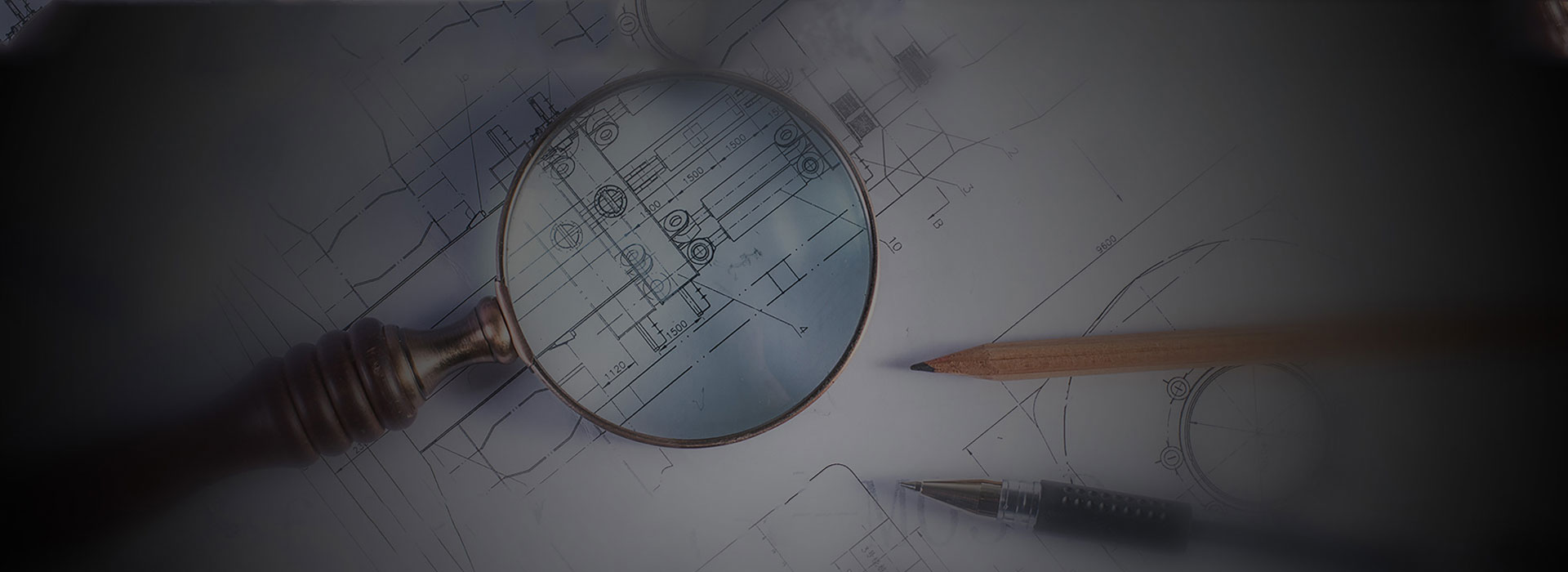What are the technical requirements for aluminum alloy die casting?
2021-07-08
The technical requirements of aluminum alloy die casting mainly include mechanical properties, die casting size and surface quality.

1. Mechanical properties: When using die-cast specimens for inspection, the mechanical properties should meet the requirements of GB/T15115. When the die-casting body test is used, the mechanical properties of the cut-out sample at the designated position should not be less than 75% of the single-cast sample.
2. Die casting size: The geometry and size of the die casting should conform to the specifications in the casting drawing. The dimensional tolerances of aluminum alloy die castings should be implemented in accordance with GB6414. If there are special regulations and requirements, they must be marked on the drawing. The dimensional tolerances of die castings do not include the casting slope. When the die-casting parts need to be machined, the machining allowance should be implemented in accordance with the provisions of GB/T11350.
3. Surface quality, high dimensional accuracy of castings and low surface roughness: The surface roughness of castings should meet the requirements of GB6060.1. Castings are not allowed to have cracks, under-casting, porosity, bubbles, and any penetrating defects, as well as defects such as scratches, dents, lack of meat, and net-like burrs.
Aluminum alloy die-casting products are mainly used for traffic signal lamp housings, handles, fishing reel accessories, outdoor locks, electrical products, communication equipment, kitchenware accessories, motorcycle radiators and horn covers, LED lamp housings, camera equipment, heat sinks, auto parts, In industries such as electronic communication equipment and electronic game console shells, some high-quality aluminum alloy products with high performance, high precision, and high toughness are also used in industries with high requirements such as large aircraft and ships.





